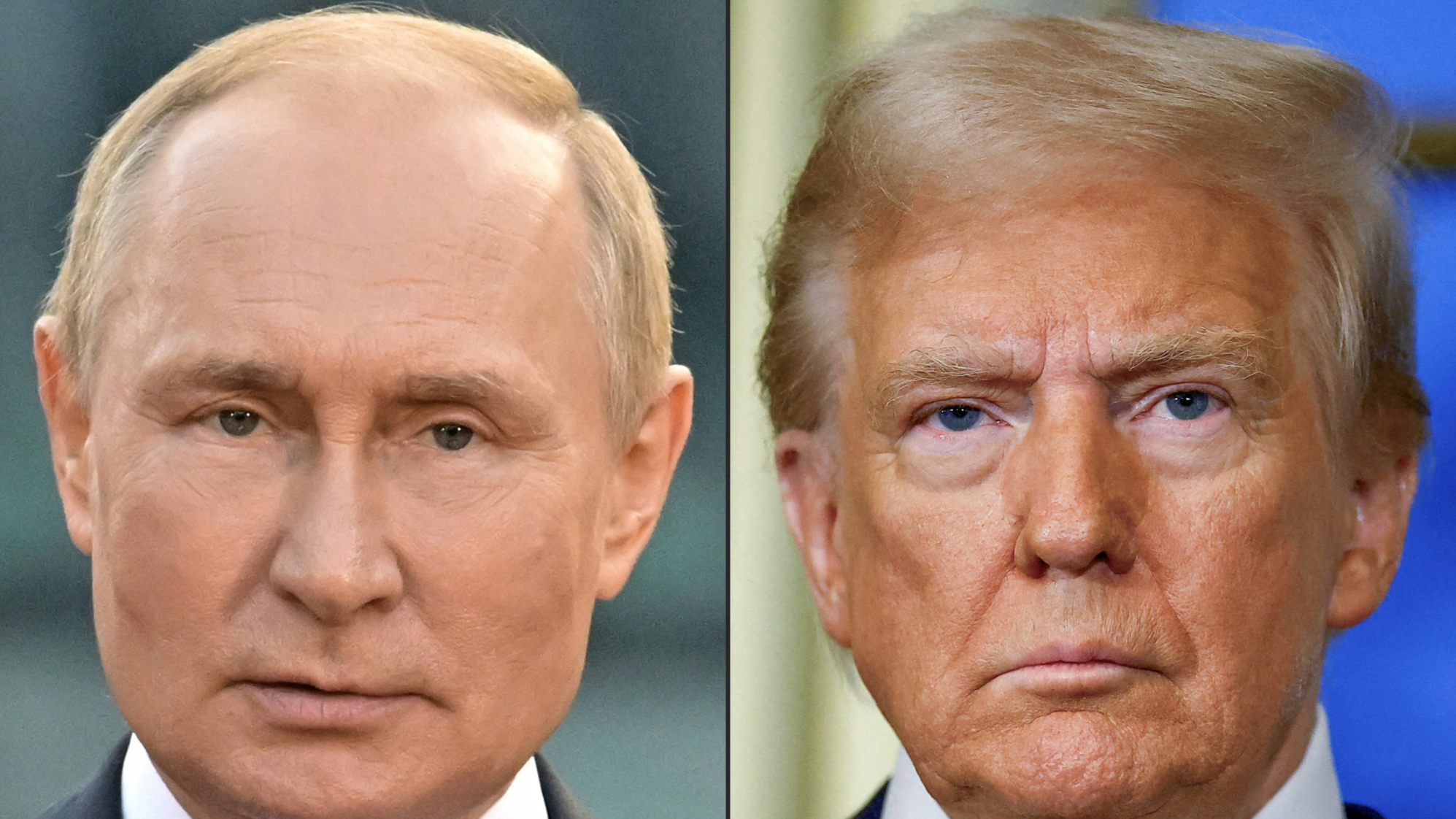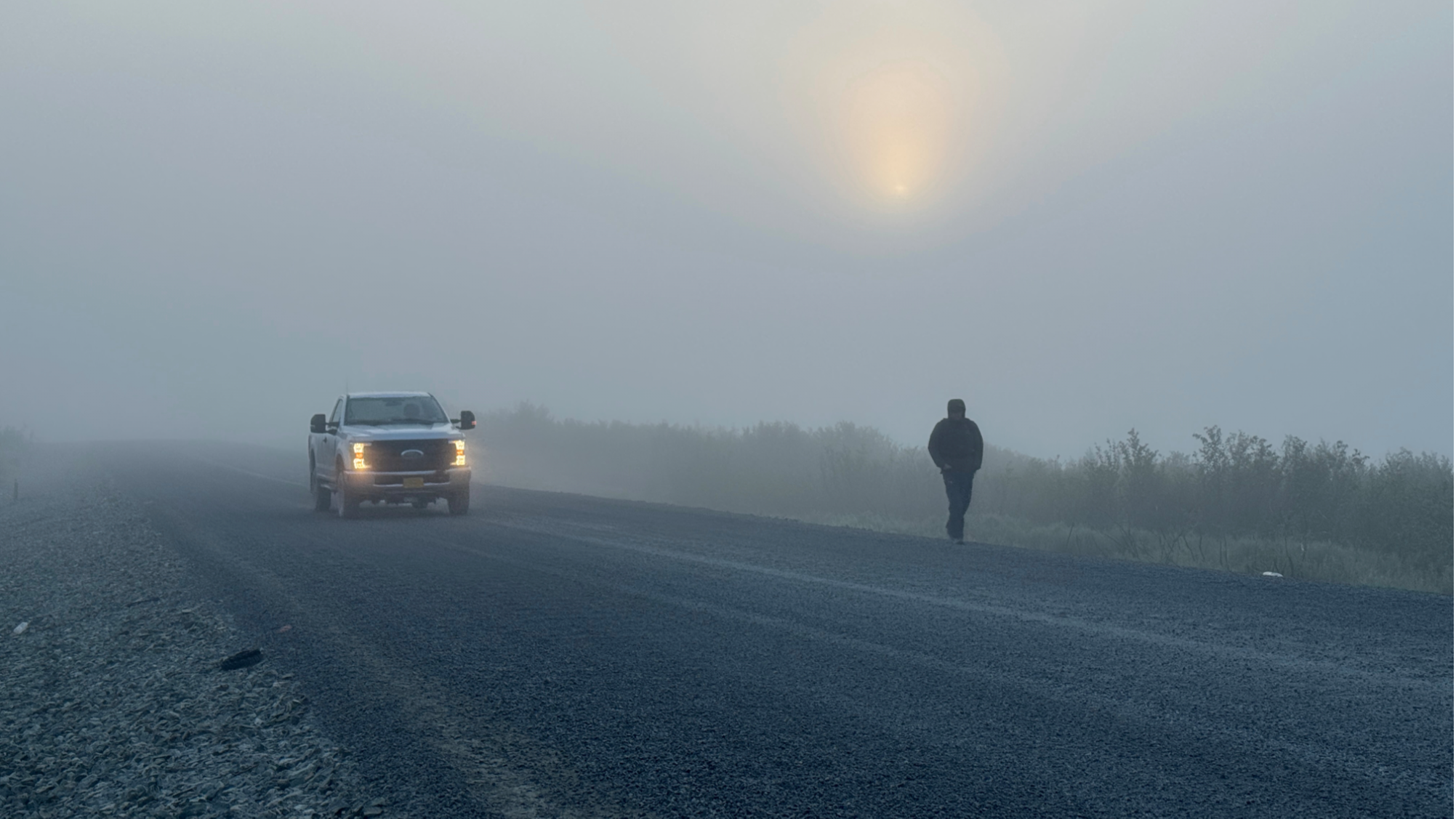
MOSCOW - US President Donald Trump and Russian President Vladimir Putin are set to meet on Friday in the US state of Alaska, marking the first visit by a Russian president to the United States (US) since 2015.
Why alaska?
The choice of the location "does make sense," said Russian Presidential Aide Yury Ushakov, noting that the two countries are close border-sharing neighbors.
"So it does make sense if our delegation simply crosses the Bering Strait and if such an important and expected meeting between the two leaders takes place specifically in Alaska," Ushakov said.
READ MORE: Report: Trump says he is planning to meet Putin, Zelensky
Alaska sits at the northwestern tip of the North American continent and is the largest US state by area. Once part of the Russian Empire, it was discovered by a Russian expedition in 1732. In 1867, Russia sold it to the United States for $7.2 million due to financial difficulties.
The Bering Strait separates Alaska from Russia, with the nearest islands being only about 4 km apart.
In a post on social media platform X, Alaska Governor Mike Dunleavy also noted Alaska's strategic location at the crossroads of North America and Asia, with the Arctic to the north and the Pacific to the south.
He said the state plays a "vital role" in US national defense, energy security, and Arctic strategy, adding: "It's fitting that discussions of global importance take place here."
Putin will be the first Russian president to visit Alaska, TASS reported.

What might the meeting cover?
Ushakov said discussions at the Alaska meeting will focus on discussing ways to reach a sustainable settlement to the Ukraine crisis.
Earlier on Friday, Trump told reporters at the White House that a security arrangement could involve "some swapping of territories." On Wednesday, US Secretary of State Marco Rubio told US media that ending the Russia-Ukraine conflict requires a ceasefire and resolution of territorial issues, with compromises needed from both sides.
Analysts noted that, besides a settlement to the Ukraine crisis, easing the economic pressure caused by Western sanctions is a pressing concern for Russia, and Moscow hopes to leverage closer Russia-US cooperation to find new drivers for its economy.
Ushakov said that the economic interests of Russia and the United States converge in Alaska and the Arctic, and "prospects for implementing large-scale mutually beneficial projects arise."
Alaska and the adjacent Arctic are rich in oil, natural gas, gold and other resources, and home to strategic sea lanes such as the Arctic shipping routes.
Putin's investment chief Kirill Dmitriev has called for Russia-US cooperation on environment, infrastructure and energy in the Arctic and beyond.
Will zelensky be there?
NBC News quoted a senior US official on Sunday as saying Ukrainian President Volodymyr Zelensky's participation is "absolutely" possible, but nothing has been finalized.
READ MORE: What to expect at upcoming Trump-Putin summit in Alaska?
On Thursday, Trump told reporters in the Oval Office that a meeting between Russian and Ukrainian leaders is not a condition for him to meet with Putin. On the same day, Putin said he has nothing against a meeting with the Ukrainian president in general, but noted a lack of conditions for such talks.
Zelensky has rejected the idea of any peace agreement made without Ukraine's participation. On Saturday, he stressed in a video address on social media platform Telegram that Ukraine will not concede territory to Russia.
"Any decisions made against us, any decisions made without Ukraine, are at the same time decisions against peace," Zelensky noted. "They will bring nothing. These are dead decisions; they will never work."


